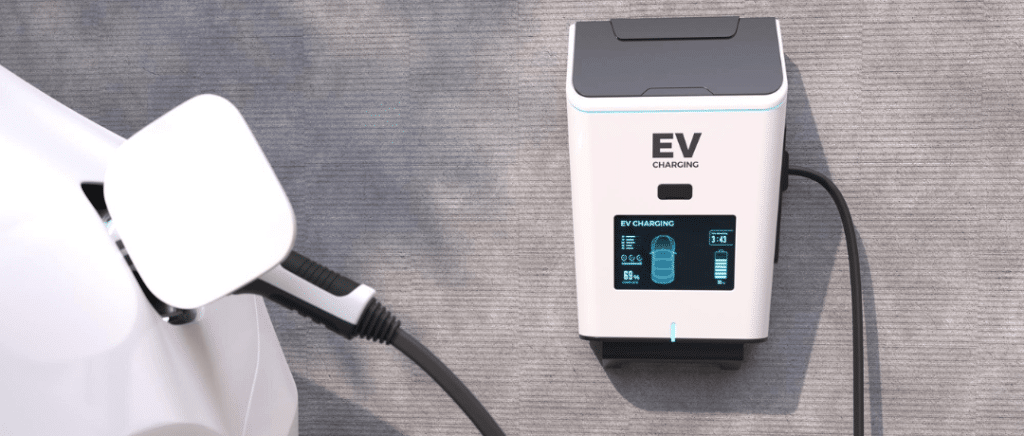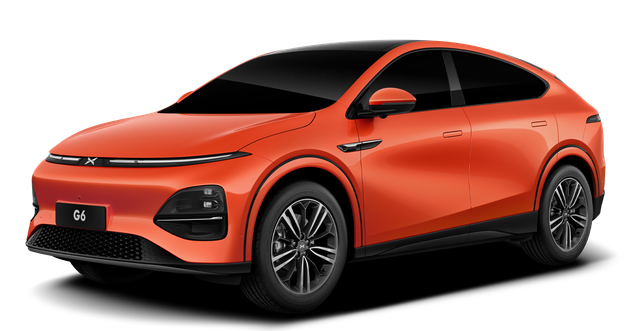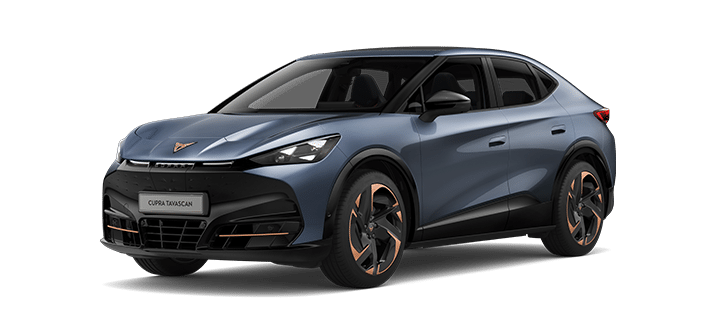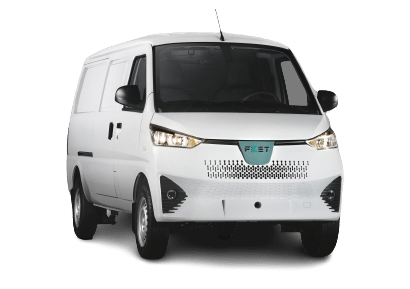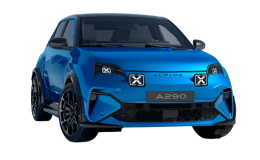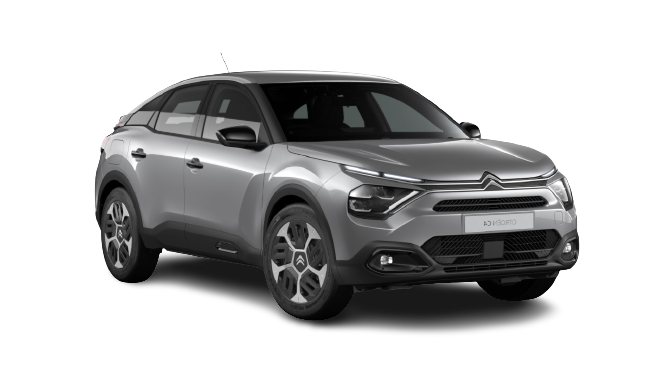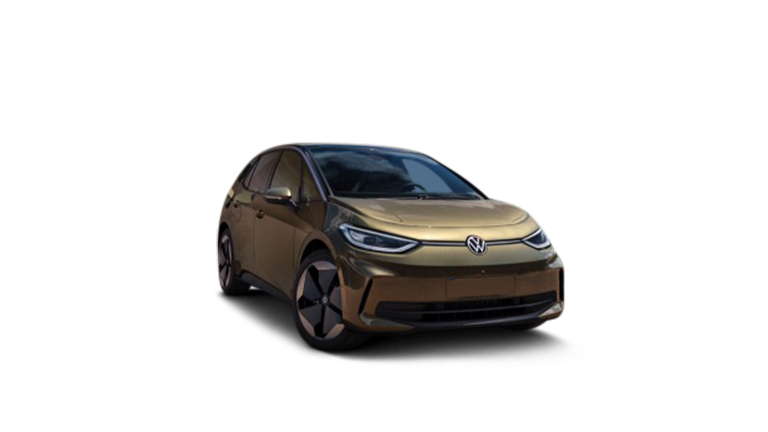The Evolution of Fast Charging Stations
What are the technological advances?
The history of fast-charging stations is linked to the rise of electric vehicles, a revolution that began more than a decade ago. In the beginning, the charging infrastructure was simple and not adapted to the needs of drivers for long-distance trips. The first charging stations offered slow charging with a power of 2 to 3 kW, requiring several hours for a full charge, which made electric cars less attractive.
Today, fast-charging stations have made their entrance. With an output of up to 350 kW, this technological innovation marked a turning point. They allow an electric vehicle battery to be recharged from 20% to 80% in less than 30 minutes like the Kia EV6 or the Hyundai Ioniq 5. This advancement has not only made electric vehicles more convenient, but also made long-distance travel feasible and comfortable.
The development of fast-charging stations has been driven by several factors:
- investments in R&D have increased compatibility with different electric car models,
- Collaborations between vehicle manufacturers, energy suppliers and the government have made it possible to expand the network of French charging stations,
- Battery innovations have increased the range of electric vehicles, reducing range concerns.
Today, the focus is therefore on the next generation of charging stations, which promise even shorter charging times and an improved user experience. Innovations like ultra-fast charging and wireless charging are being developed.
Also read → What's the current status of charging stations?
What is the role of innovations in the range of electric vehicles?
Technological innovations play a central role in improving the range of electric vehicles. This improvement in autonomy is made possible by a series of significant advances.
Advances in battery technology
One of the most important factors in the range of an electric vehicle is the capacity of its battery. Advances in battery chemistry, such as the development of more efficient lithium-ion batteries, have made it possible to store more energy in smaller spaces, increasing range without compromising their performance or interior space. For example, solid-state batteries, a recent innovation, promise even higher energy density, potentially offering up to 50% more range than current lithium-ion batteries.
Optimization of energy management systems
Efficient energy management is key to maximizing the range of electric cars. Innovations in energy management systems, such as advanced battery management software, allow for precise control of battery charging and discharging, reducing energy waste and extending battery life. These systems can also adapt the behaviour of the electric vehicle.
Integration of smart technologies
The incorporation of smart technologies into electric vehicles is another crucial advancement. Through the use of artificial intelligence and machine learning, electric cars can optimize their energy consumption in real time, adjusting their performance according to traffic, road terrain, or even the weather. These intelligent systems can also predict driver behaviour, adjusting energy recuperation during braking to maximise battery recharge without driver intervention.
Read also→ The 10 innovations that promise to revolutionize electric car technology
Improving accessibility for drivers
Thanks to advances in the deployment of charging infrastructure, drivers can now plan their long-distance journeys with renewed confidence, knowing that they will have access to reliable and fast charging points along the way.
A larger network of charging stations
From highways to urban and rural areas, the installation of fast-charging stations has accelerated, giving drivers a multitude of options for charging their vehicles on the go. This growing network ensures wider coverage, reducing "white" areas where charging stations were previously non-existent.
Connected applications and services
Alongside the expansion of charging stations, digital innovation plays a key role in accessibility. Mobile apps such as Chargemap or Plugshare provide real-time information on the location of charging stations, their availability, as well as estimated charging times. These digital tools make it easier to plan trips, allowing drivers to easily locate a fast charging station on their route and manage their travel time more efficiently.
Standardization and compatibility
The standardisation of charging connectors and improved compatibility between different vehicle models and charging stations also contribute to better accessibility. Efforts to harmonize charging systems across the globe aim to simplify the charging experience for all electric car drivers, removing technical barriers that might otherwise limit the use of fast-charging stations. This standardization ensures that drivers can charge at almost any station without worrying about compatibility, making long-distance travel even more accessible.
Read also→ The best apps for electric cars
What are the benefits of reducing downtime for charging?
Aligns perfectly with the time of a break
The average time spent taking a break on a long car ride to eat, use the restroom, or just stretch your legs aligns with the time it takes to complete a fast charge. This synchronization offers electric car drivers the opportunity to optimize their stops, by combining the charging of their vehicle with their breaks, without extending the duration of the journey.
Consider travel with more peace of mind
The reduction in downtime for charging has a direct impact on the planning of long-distance trips in an electric car. Drivers can now look forward to longer journeys with less apprehension, knowing that charging breaks don't significantly impede their progress. This is especially beneficial for families and professionals on the move, for whom time is precious.
What are the challenges and solutions for infrastructure development?
Strategic Investments and Partnerships
International
The International Energy Agency predicts a significant increase in the number of electric vehicles, estimating their number at least 145 million by 2030. This expansion has enormous potential to reduce fuel consumption and CO2 emissions.
In France
The Energy Transition for Green Growth Act supports this momentum with the goal of installing seven million electric charging stations by 2030. This initiative illustrates the importance of regulatory frameworks and government incentives to encourage private investment and partnerships in the field of electric charging.
In Europe
At the same time, Europe-wide financial incentives encourage the purchase of electric vehicles and the installation of charging stations. In France, buyers of electric cars can benefit from an environmental bonus of up to €7,000, while in addition to the UK, the UK offers the Plug-In Grant of up to £2,500 and the Electric Vehicle Homecharge Scheme, helping owners and employers install chargers. Germany, on the other hand, offers the UmweltBonus to stimulate the adoption of clean models.
Encouragement of government and private initiatives
Legislative and regulatory measures play a key role in the development of electric vehicle charging infrastructure (EVCI):
- the ADVENIR program, it financially supports the deployment of individual or shared charging points in collective residential buildings.
- the tax credit with up to 75% of the expenses of acquiring and installing a controllable charging station, up to a limit of €500.
- the reduction of the VAT rate, by applying a reduced rate of 5.5% for the installation and maintenance of home charging stations.
- the Mobility Orientation Law (LOM) which reinforces the requirements for pre-equipping car parks in new or renovated buildings to facilitate the future installation of charging points.
- The Climate and Resilience Act obliges car parks managed under a public service delegation, under public management, or via a public contract to equip themselves with equipment.
- the right to take over in collective buildings allowing any occupant of a private parking space to equip it, at his own expense, with a charging point.
- the provisions relating to EVSE open to the public, decreeing that all service areas on the motorway network must be equipped with charging stations for electric vehicles.
What is the future of long-distance electric travel?
Future innovations in charging technology
Dual-chemistry batteries
These innovative batteries combine two different types of chemistry within a single system, such as lithium-ion and lead-acid, to provide better energy density, durability and performance. Companies like Tesla and BMW are using this technology, which promises to improve the range of electric vehicles.
V2G and bi-directional charging technologies
V2G (Vehicle-to-Grid) allows electric vehicles to send electricity back to the grid, helping to balance demand and supply. V2H (Vehicle-to-Home) and V2L (Vehicle-to-Load) extend these possibilities, allowing vehicles to provide electricity to homes or other loads. Models like the Kia EV6 and Hyundai Ioniq 5 are already equipped with this technology, and many other companies are interested in it.
Wireless charging
Inductive charging could allow electric vehicles to charge without the need for a physical plug-in, simplifying the charging process. This technology could be integrated into dedicated spaces, parking lots or even some roads, allowing charging while driving. Companies like Witricity are leading the way in this area, predicting significant growth in the wireless charging systems market.
Read also→ Electric car charging stations: what are the upcoming innovations?
Expansion of the network of fast-charging stations
Expanding the network of fast-charging stations is key to supporting the future of long-distance electric travel. This expansion is underway globally, with initiatives being taken by both governments and the private sector to increase the number and efficiency of these charging infrastructures.
A study by the International Council on Clean Transportation highlights the importance of expanding charging infrastructure to support the expected increase in electric vehicles. The report suggests that, to meet growing demand, the number of public charging stations would need to increase eightfold by 2030, from around 5,700 to 45,800 normal charging stations and from 700 to 6,300 fast charging stations. This expansion will require close collaboration between government and the private sector to achieve these goals.
In Europe, the Ionity network, backed by automotive giants Volkswagen, BMW and Ford, stands out as a major player in the expansion of fast-charging infrastructure. It has set up 3525 fast-charging stations across Europe offering charging of up to 350 kW, making long-distance travel easier.
Similar efforts are being seen in the retail sector, with Lidl already announcing the installation of 900 charging stations in 2021 in France, tapping into the development potential of a large number of charging sites across Europe. This demonstrates the commitment of private companies to the development of a more accessible charging infrastructure .
Conclusion
The rise of fast-charging stations is radically transforming long-distance travel, making electric vehicle travel more convenient and accessible. This development not only encourages the adoption of electric mobility, but also contributes to a more sustainable future. Our experts in electric cars in leasing and installing charging stations are at your disposal to assist you in your charging station project. Contact them to explore options that suit your needs.
If you would like to know more about the charging station tax credit at 2024please consult our article on the subject.
